Buy Orange Rolex 150mg MDMA Pills In USA,Canada & Europe Online
$210.00 – $1,550.00Price range: $210.00 through $1,550.00
Table of Contents
ToggleOrange Rolex 150mg MDMA Pills For Sale Online
What is MDMA?
3,4-methylenedioxy-methamphetamine (MDMA) is a synthetic drug that alters mood and perception (awareness of surrounding objects and conditions). It is chemically similar to both stimulants and hallucinogens, producing feelings of increased energy, pleasure, emotional warmth, and distorted sensory and time perception.
MDMA was initially popular in the nightclub scene and at all-night dance parties (“raves”), but the drug now affects a broader range of people who more commonly call the drug Ecstasy or Molly.
How do people use MDMA?
People who use MDMA usually take it as a capsule or tablet, though some swallow it in liquid form or snort the powder. The popular nickname Molly (slang for “molecular”) often refers to the supposedly “pure” crystalline powder form of MDMA, usually sold in capsules. However, people who purchase powder or capsules sold as Molly often actually get other drugs such as synthetic cathinones (“bath salts”) instead
How does MDMA affect the brain?
MDMA increases the activity of three brain chemicals:
- Dopamine—produces increased energy/activity and acts in the reward system to reinforce behaviors
- Norepinephrine—increases heart rate and blood pressure, which are particularly risky for people with heart and blood vessel problems
- Serotonin—affects mood, appetite, sleep, and other functions. It also triggers hormones that affect sexual arousal and trust. The release of large amounts of serotonin likely causes the emotional closeness, elevated mood, and empathy felt by those who use MDMA.
Other health effects include:
- nausea
- muscle cramping
- involuntary teeth clenching
- blurred vision
- chills
- sweating
MDMA’s effects last about 3 to 6 hours, although many users take a second dose as the effects of the first dose begin to fade. Over the course of the week following moderate use of the drug, a person may experience:- irritability
- impulsiveness and aggression
- depression
- sleep problems
- anxiety
- memory and attention problems
- decreased appetite
- decreased interest in and pleasure from sex
It’s possible that some of these effects may be due to the combined use of MDMA with other drugs, especially marijuana.
What are other health effects of MDMA?
High doses of MDMA can affect the body’s ability to regulate temperature. This can lead to a spike in body temperature that can occasionally result in liver, kidney, or heart failure or even death.
In addition, because MDMA can promote trust and closeness, its use—especially combined with sildenafil (Viagra®)—may encourage unsafe sexual behavior. This increases people’s risk of contracting or transmitting HIV/AIDS or hepatitis.
Added Risk of MDMA
Adding to MDMA’s risks is that pills, capsules, or powders sold as Ecstasy and supposedly “pure” Molly may contain other drugs instead of or in addition to MDMA. Much of the Molly seized by the police contains additives such as cocaine, ketamine, methamphetamine, over-the-counter cough medicine, or synthetic cathinones (“bath salts”). These substances may be extremely dangerous if the person does not know what he or she is taking. They may also be dangerous when combined with MDMA. People who purposely or unknowingly combine such a mixture with other substances, such as marijuana and alcohol, may be putting themselves at even higher risk for harmful health effects.
Is MDMA addictive?
Research results vary on whether MDMA is addictive. Experiments have shown that animals will self-administer MDMA—an important indicator of a drug’s abuse potential—although to a lesser degree than some other drugs such as cocaine.
Some people report signs of addiction, including the following withdrawal symptoms:
- fatigue
- loss of appetite
- depression
- trouble concentrating
Does MDMA Have Value in Therapy?
MDMA was first used in the 1970s as an aid in psychotherapy (mental disorder treatment using “talk therapy”). The drug did not have the support of clinical trials (studies using humans) or approval from the U.S. Food and Drug Administration (FDA). In 1985, The U.S. Drug Enforcement Administration (DEA) labeled MDMA as an illegal drug with no recognized medicinal use. However, some researchers remain interested in its value in psychotherapy when given to patients under carefully controlled conditions. MDMA is currently in clinical trials as a possible treatment aid for post-traumatic stress disorder (PTSD); for anxiety in terminally ill patients; and for social anxiety in autistic adults. Recently, the FDA gave MDMA-assisted psychotherapy for PTSD a Breakthrough Therapy designation. More information on MDMA research can be found by contacting sponsors of various MDMA studies listed on clinicaltrials.gov.
Buy Molly online
by mdma online
quality mdma for sale online
quality mda for sale usa
| Pills | 60 Pills, 100 Pills, 200 Pills, 300 Pills, 400 Pills, 500 Pills |
|---|
Be the first to review “Buy Orange Rolex 150mg MDMA Pills In USA,Canada & Europe Online” Cancel reply
Related products
UNCATEGORIZED
UNCATEGORIZED
UNCATEGORIZED
UNCATEGORIZED
UNCATEGORIZED


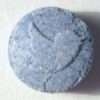

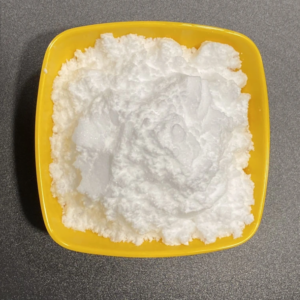
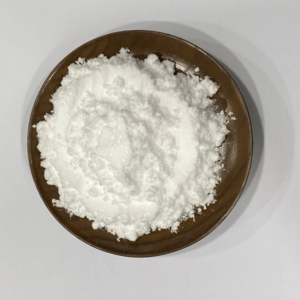

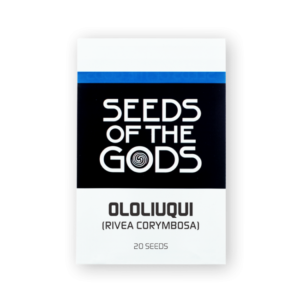

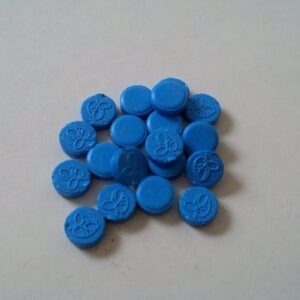

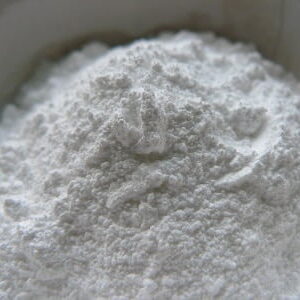


Reviews
There are no reviews yet.